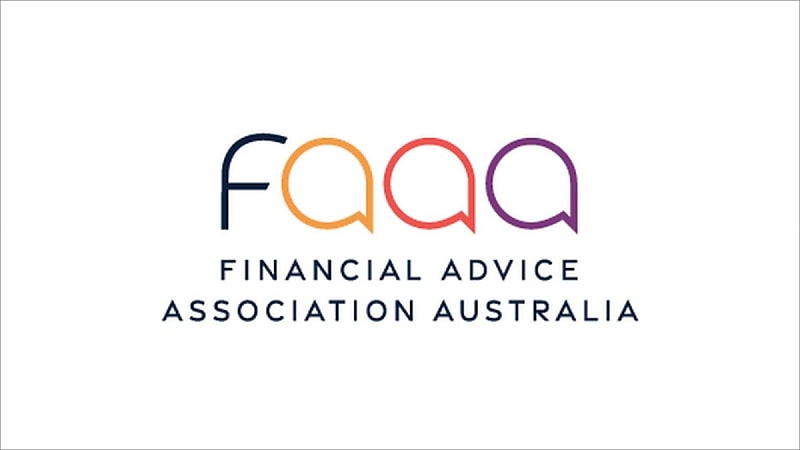SMSFs shouldn’t be in RIC: FAAA
The Financial Advice Association of Australia has cautioned the government over extending retirement income covenant obligations to include SMSFs.
In its submission to Treasury on the retirement phase of superannuation consultation, the FAAA stated that SMSFs are closely held products where the trustees are also members and there is often an adviser involved.
“SMSF members, on average, have much higher account balances than APRA funds and thus are much better positioned to access and afford financial advice. Often the adviser is providing advice to both the fund and the members,” the submission stated.
“Thus, they have a knowledge of the client’s full financial position and are well placed to address risk, access to savings and maximising income. We do not believe that at present it makes sense to extend the RIC obligations to SMSFs.”
The FAAA said that while it supports government action to enable good outcomes for more Australians entering and throughout retirement, it also believes that improved financial knowledge combined with financial advice is critical to achieving this.
The association made a number of recommendations in its submission including implementing a broad initiative to increase financial knowledge across the Australian population, including at school, and specific initiatives to support those preparing for retirement.
Additionally, it said there should be made available improved information and tools (calculators) for those approaching retirement, via a retirement-specific government website.
Further, it said the government should also increase access to financial advice for retirees with a limited special payment of $2,000 (means tested) to support those seeking financial advice in the lead-up to retirement.
Support should also be given for the development of new product solutions including, for example, an insurance product to provide for funding aged care deposits and enabling account-based pensions to accept additional contributions.
Product issuers should be given support to modernise their retirement income product suites by continuing concessional social security treatment for members.
Finally, the FAAA recommended a review of the minimum drawdown rates for account-based pensions noting that clients receive conflicting messages relating to the government-mandated minimum drawdown rates for account-based pensions.
It stated that feedback from members is that the rates for older Australians in the age brackets of 90–95 years are excessive and often go well above what is needed to live.
“While we acknowledge that the various tax and other concessions provided to superannuation monies is in part designed to ensure that funds are used to fund retirement rather than estates, a minimum drawdown increasing as one ages is counter to the needs of clients,” it stated.








